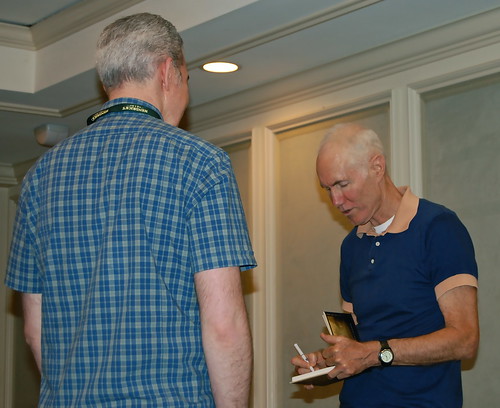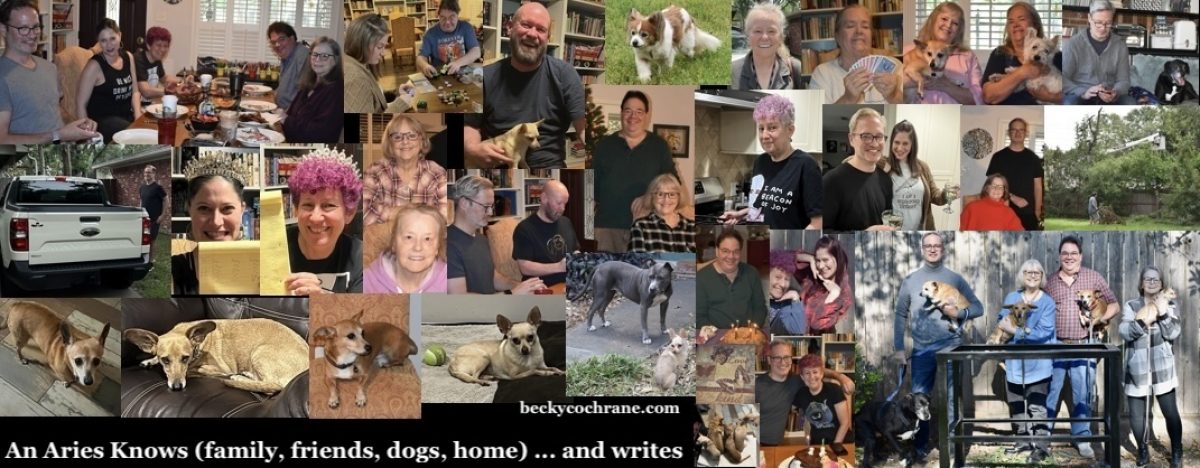If Truman Capote’s book In Cold Blood and I were in a relationship, our Facebook status would read, “It’s complicated.” I have alluded to this on my blog before, but here’s the gist of the story.
When I was a senior in high school, In Cold Blood was on a reading list of suggested titles for my English class. I knew my mother had some Capote titles on our bookshelves, so I didn’t think much about it when I checked it out of the library. If you aren’t familiar with the book, it’s Capote’s recounting of the mass murder of a rural family (including a teenage daughter) in late 1950s Kansas. It became the forerunner for true crime books as well as the genre described as creative non-fiction. Putting aside disputed reactions as to its accuracy, this is basically a true event as relayed by a masterful storyteller who understood character, pacing, and setting.
I’m afraid all the literary and socio-economic aspects of the book were lost on seventeen-year-old me. In fact, let me quote myself from a blog post in 2006:
I hate this magnificently written book, and it’s not really a novel, so it probably doesn’t belong on this list. But it took something from me when I was seventeen that I’ve wanted back ever since and have often sought in fiction, so it stays. Funny that Truman Capote was the model for Dill in [my favorite novel] To Kill a Mockingbird. I won’t even see the movie Capote because I’d love to never think of this book again.
I wasn’t able to finish In Cold Blood to do my book report on it. For the first time in my life, I had insomnia, night terrors, and paranoia. It affected my relationships with my family and friends, my attendance and participation at school, and my outlook on life. I kept the truth from my parents for months, until there was just no longer any way I could hide it. Fortunately, my parents took what I was going through seriously and saw that I received medical help. Also fortunately, that medical help included a doctor who said that my terror was less a fear that someone was going to break into our house and murder me than a reaction to all the changes I was facing as I was on the cusp of eighteen and a new life.
This gave me something that I could focus on, work on, discuss honestly, because I felt too ashamed to say, I’m afraid of the dark. I’m afraid to be alone. I don’t want to sleep alone in a room. I don’t want everyone else to be asleep the same time I am. Instead, I could say, “What if I don’t like my roommate? What if I can’t handle college classes? What if I’m homesick? What if I don’t have any friends? What if my professors think I’m dumb?” These were questions that had real answers and enabled the people I counted on to remind me that they would love me and be there for me no matter what. And they seemed like normal problems that any young person might grapple with. Unlike being afraid of the dark for the first time in my life (in fact, I’d been the little kid who loved nighttime and wandered around the house or yard in the dark just because I could).
There was a point that someone–I don’t remember who–suggested that I finish the book to get some sense of closure. I did finish it. And I believe that my family’s patient support, my boyfriend’s understanding, and my English teacher’s kindness saved me (thanks, Mrs. Bryan). But there are residual effects that I cope with to this day, and probably always will.
I rarely talk about the book. I try not to think about the scenes from it that stand out–and trust me, they aren’t lurid scenes. They are simple things chillingly told. That’s the power of good writing. If the old movie that was made from it is on TV and I see an ad for it, I freeze, leave the room, change the channel. When the movies Capote and Infamous came out, it was torment to have to read about them all over the Internet and to be told over and over that I should see them since I love Harper Lee and To Kill a Mockingbird.
This is more personal information than I usually care to share, but I do so to make you appreciate the gift that is Andrew Holleran. I knew Holleran was conducting a master class on Friday at Saints & Sinners. I probably even realized it was about creative non-fiction. But I hadn’t read the description, so it wasn’t until I was planted on the front row and he began talking that I learned that he would be using Truman Capote’s In Cold Blood as the focus of his discussion. I turned to give Tim one wild-eyed look, then I resolved that I wasn’t going to let that book cheat me of anything else.
I learned things I didn’t know. Andrew’s focus was on the writing, the power of the storytelling, how Capote used deliberation and selective detail to create his narrative. I can appreciate all those things, especially as they are discussed by someone with a real understanding and appreciation of good writing.
I came out of the master class with even more respect for Andrew Holleran and a different perspective of Capote’s craft. But still…
That’s why I say, “It’s complicated.”


In Cold Blood had an indelible effect on me as well. I read it when it first came out and have either forgotten (or blocked) most of the details. However, I can still FEEL what the book left behind in my emotional memory bank.
Hello, fellow traveler. =)
I read ICB for Mrs. Bryan (Jr. year/Sr. year – I can’t remember which). The tale is chilling and the cavalier attitudes of the perps certainly made the book well-titled. While my reaction didn’t approach the nightmare through which you describe living, I definitely remember thinking initially, “This is the first piece of really great contemporary literature I’ve ever read.”
The second big take-away and the one that keeps me awake at night because I lived though the Zodiac killer and the Manson Family’s reign of terror in SoCal was the realization that there are people who are really and truly evil – and we can’t always tell who they are, even with a scorecard.
My default setting is to believe the best, but the sad fact is, you are right.
Fascinating. I have to admit I don’t know the book at all, but the effect that Capote’s writing had on you was clearly profound. I’m glad to hear you were able to master your fear and stay in Holleran’s masterclass.
To Kill a Mockingbird is one of my favourite books too.
ICB is brilliantly written, and I wish I had not had such an adverse reaction to it. But books like TKAM are most definitely the better choice for someone like me.
..and apparently it haunted Truman Capote too.
So many things make me sad for him, not the least of which is that he drove everyone away.
Wow, your story could be a companion piece to Capote’s book. Though I get that you would hate that!
What I don’t hate is this picture. A million thanks for it. Do you remember what I said it reminds me of? I see it even more now!
Yes, I do remember. For future reference, you should remember two things never to say: “I didn’t inhale” and “I did not have sex with that woman.” Better to let it all just remain a mystery.
The last one shouldn’t be a problem.